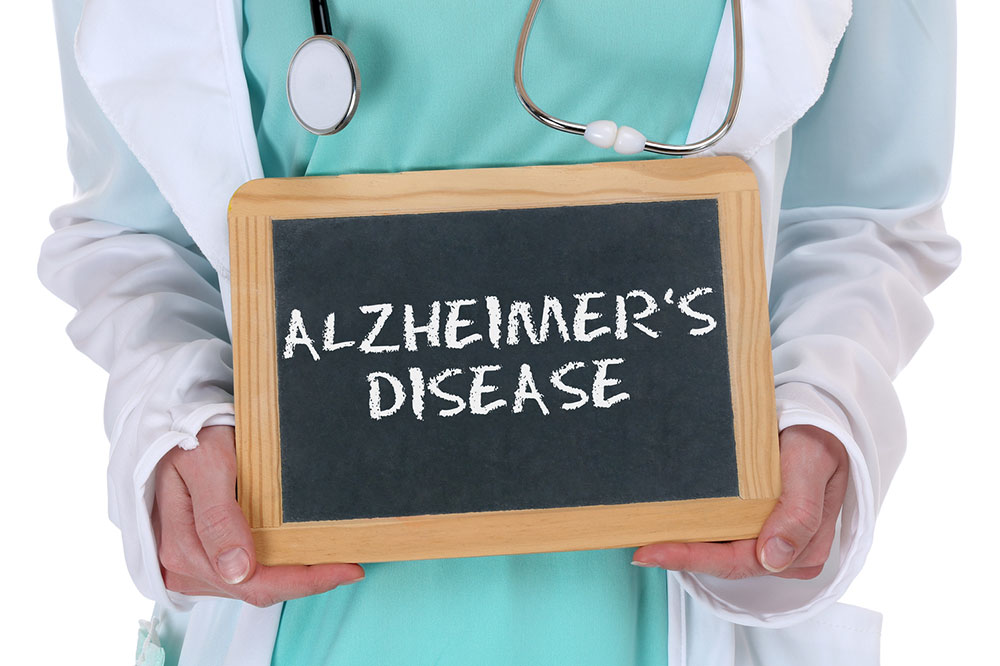Understanding Alzheimer’s Disease: Causes, Symptoms, and Management
Alzheimer’s disease is a progressive neurodegenerative condition impacting memory and cognition, affecting people both young and old. Early diagnosis and lifestyle modifications are key to managing the disease effectively. This article covers the causes, symptoms, diagnosis, and preventive strategies for Alzheimer’s, emphasizing the importance of early intervention to improve quality of life.

Understanding Alzheimer’s Disease: Causes, Symptoms, and Management
Alzheimer’s disease, or AD, is a degenerative brain disorder that affects memory, thinking skills, and behavior. It progresses gradually, often worsening over time, and can significantly disrupt daily life. Although more common with advancing age, Alzheimer’s can also affect individuals under 65. The brain naturally changes with age, including slower thinking and memory issues, but Alzheimer’s symptoms are more intense, notably difficulty forming new memories due to degeneration in learning areas. As it advances, symptoms such as confusion, mood swings, and behavioral changes become prominent. Early signs include mild forgetfulness, which evolves into severe memory loss and confusion. Treatments aim to slow progression and improve quality of life, focusing on early diagnosis, managing symptoms, and delaying onset. While causes are not fully understood, genetics play a major role—about 70%. Other factors include head injury, hypertension, stress, and depression. Diagnosis involves medical history, cognitive assessments, imaging, and blood tests. Preventative measures include maintaining a healthy diet, regular exercise, cognitive stimulation, managing cardiovascular health, and reducing stress. Avoiding excessive medications, smoking, and alcohol may also help lower risk. Early diagnosis is crucial for effective management and better outcomes.
Alzheimer’s disease
Memory loss
Neurodegeneration
Early diagnosis
Preventative strategies










